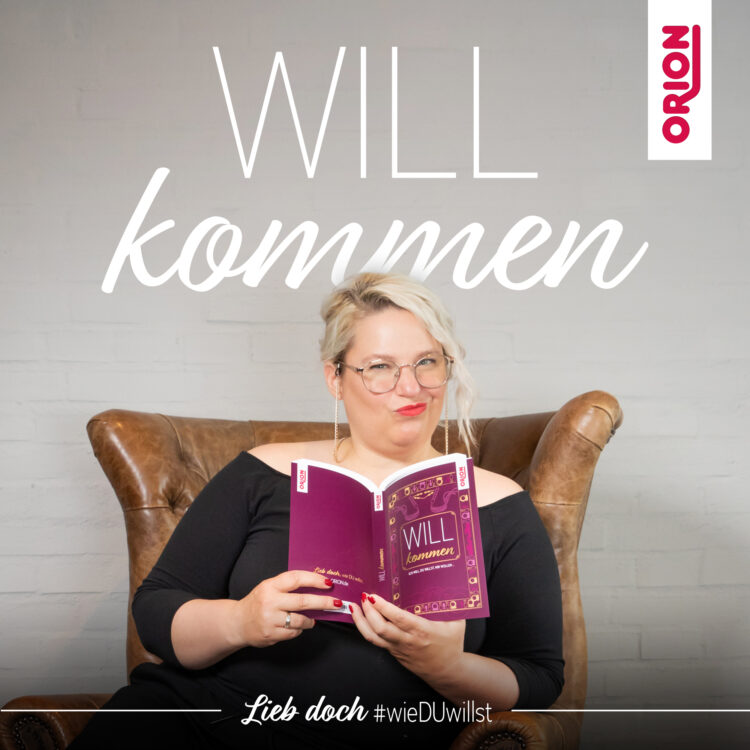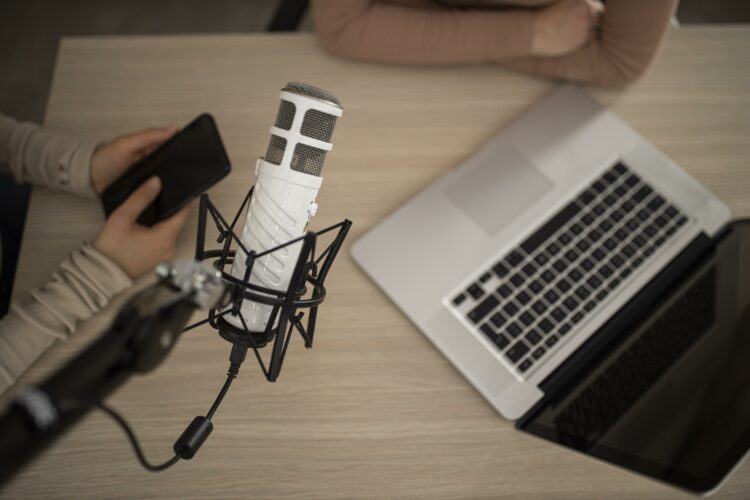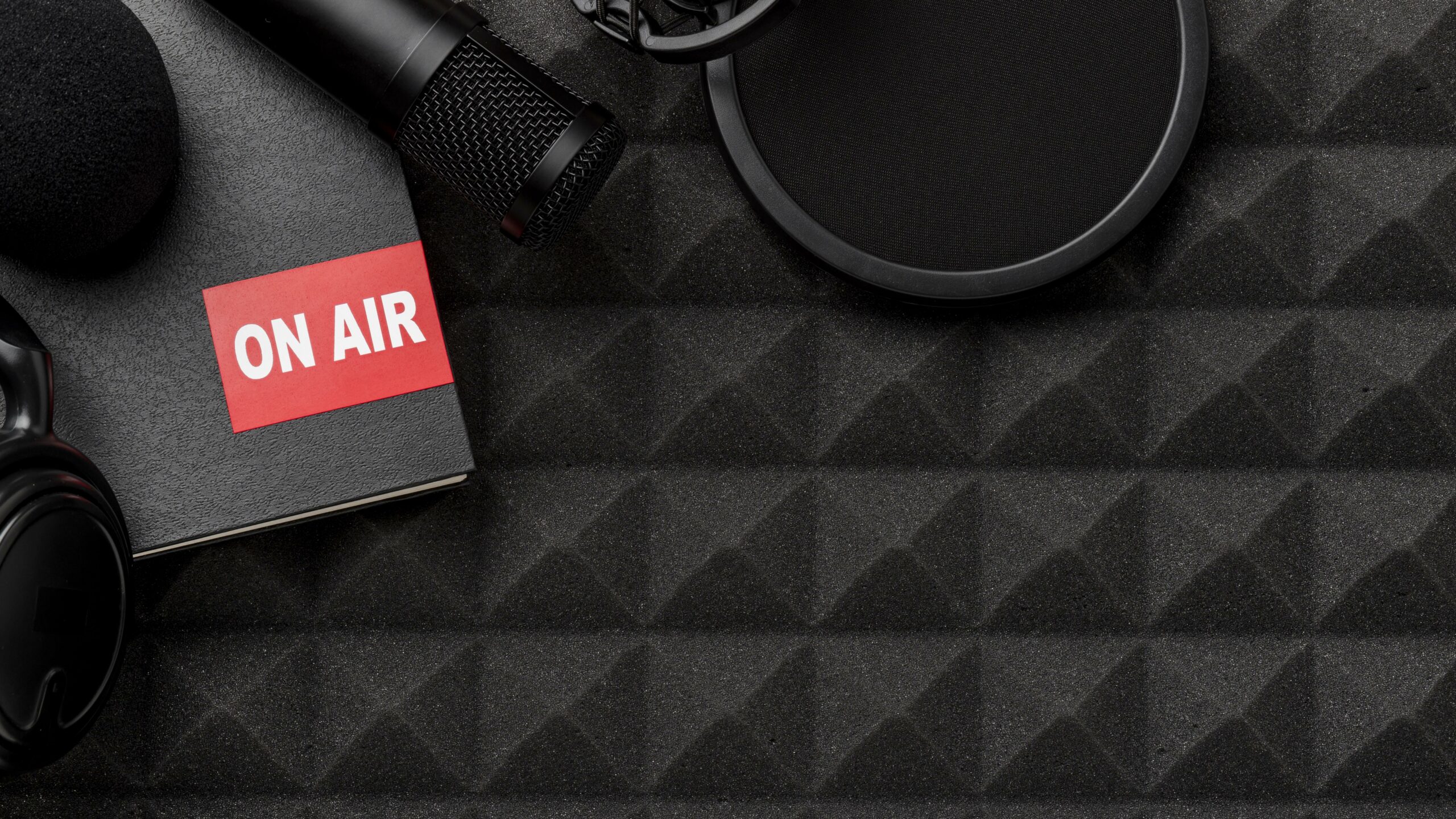We have to talk – why we decided to produce our very own podcast
Did you know? ORION has its own podcast
It’s called WILLkommen and has our in-house sexologist Birte answer the questions from our Instagram community along with Jenna. They have influencers on talking about their life and they sometimes give away some intimate details. They also conduct captivating interviews with varying experts on various topics.

There are now more than 50 episodes on air
However, there was one question that loomed large before WILLkommen even started: Do we even need something like this? There are 800,000 active formats all around the world and the Love & Eroticism category in particular has been booming for years with lots and lots of sex podcasts.
A deciding factor for our YES! was that we simply have a lot to say on the topic of love
Podcasts are a great medium to answer intimate questions personally, with a lot of sensitivity and, above all, with our sexpert knowledge. (Which is also a reason why we would never outsource our production.)
So the plan was made
And, as is often the case with new projects, the devil was in the details. We had to deal with internet connections that stopped working in the middle of a recording and even worse: we had an entire episode wrapped up only to realise that nobody had thought about pressing the recording button…
But we kept going
And when one of our podcast episodes hit that mark of 1,000 listeners, we were extremely happy and realised that we really did have an audience out there – even if the recordings always felt more like a private chat. Almost a year has passed since then. So, it’s the perfect time to draw our first conclusion and have a look at some important factors that we have learned over time:

A podcast is much more than a simple recording
Do we just do a quick recording, put it online and then we’re done? As we have already mentioned, it is not as simple as that, unfortunately. We also had to get a feeling for a proper selection of topics.
Our community is very diverse, after all. Young meets old and the sexual orientation of our listeners is also extremely diverse. We also wanted to add our personal note and give our community an authentic look behind the scenes. That’s why finding a proper mix required a lot of time and research.
The sound should be professional
A blurred or poorly produced recording is just not very pleasant to listen to. But what can you do if you don’t have access to a professional recording studio for your podcast right from the start? Well, you have to be creative and might just have to sit inside your wardrobe between the sweaters to have a crystal clear sound for the recording. The talking itself, however, is usually a bit more casual. We have often received feedback, saying that our slip-ups and laughter make us more personal. Over time, we also tried to cut less content from our episodes because the conversations are a lot more honest this way.
Interviews can reach even more people
We have learned to love interviews. They attract new listeners and are a great tool for reaching more people. Much more important to us, however, is that they are also a great platform to draw attention to topics that are overlooked in mainstream media. For example, we’ve had fascinating talks about the visibility of lesbian women, polyamory or what it’s like to be transgender.
Our voices are heard
Regular feedback from our listeners is our greatest reward. It helps us realise that our topics reach our community and that we can make people more aware of the topic of sexual education – among all ages and all sexual orientations. It is a great feeling and every new acknowledgement makes us even more determined to keep on producing lots of exciting new episodes.
